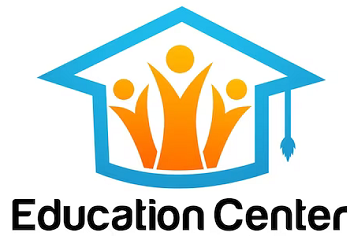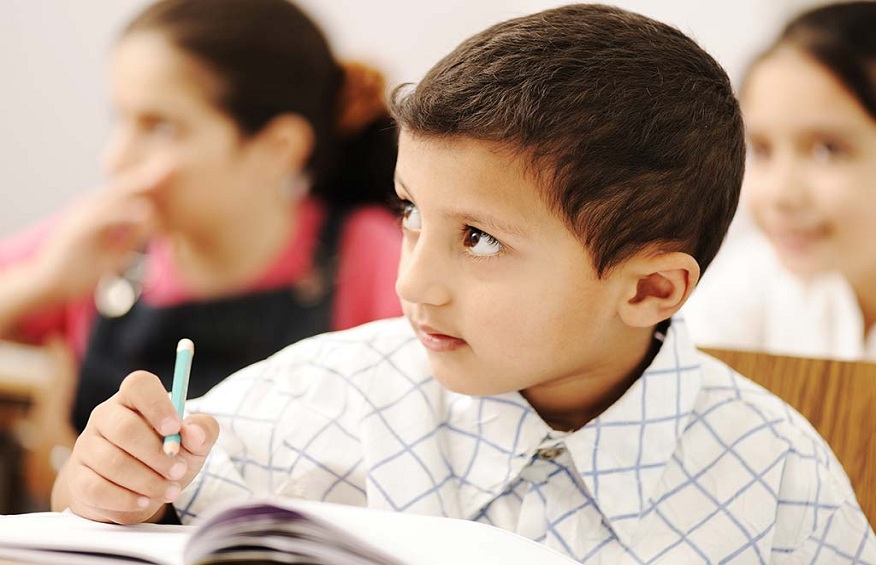During the Global Week of Action for Education (GAE 2018) , education advocates and policy makers around the world are discussing SDG 4 accountability and citizen engagement. Last year, UNESCO’s Global Education Monitoring Report highlighted the fact that States bear the primary responsibility for the right to education. When a government fails to fulfill this obligation, civil society organizations and citizens can step in and bring about change to fulfill this human right.
However, the reaction of the government and its consideration of citizen intervention are necessary to obtain real accountability.
As the Foro por el Derecho a la Educación in Chile describes, accountability includes both government-led efforts and the government’s responsibility to invite and consider citizen participation in the development of policies and programs.
The national efforts of the Zimbabwe Education Coalition and HakiElimu in Tanzania highlight the need for greater multi-stakeholder participation to support accountability linkages between civil society and states.
Citizen-Initiated Accountability: Intervening When Necessary
The RMSE defines accountability as the duty of the state “to act when something is not working properly, through policy, legislation and advocacy, including through ombudsmen to protect the rights of citizens. However, despite the best intentions and efforts of governments, gaps sometimes remain between a policy and its implementation, or the policies in place do not produce the expected results.
In this case, citizen action is often necessary to remind the government of its responsibility, for example to guarantee the right to education. For these reasons, some organizations such as Foro por el Derecho a la Educación define accountability as “participatory control over the use of resources”, thus placing the participation of civil society as a necessary element of accountability in public processes.
Citizen-driven accountability takes many forms, from research to advocacy, to participation in policy-making processes, and even to strategic litigation. Only 55% of countries have a justiciable right to education, which therefore allows citizens to sue the state for violation of their right to education ( UNESCO, 2017 ), leading civil society in many countries rely on research, advocacy and engagement in policy-making processes (where available) to ensure the right to education is respected.
Monitoring through indicators and objective measures can also contribute to social accountability. The Right to Education Index (RDI) is one of the tools to analyze and advocate for the full respect of the right to education around the world. The IDE is a two-phase research project, with a year of data collection led by civil society to complete the IDE questionnaire , followed by a year of advocacy, which uses the findings in national campaigns.
In 2016, civil society organizations from 15 countries collected comprehensive data on the right to education using the IDE questionnaire, and in 2017 five of these partners were supported by the RESULTS Educational Fund to conduct national advocacy campaigns on pressing context-specific issues revealed by IDE. This year, more than 20 countries will be represented in the research and data collection phase conducted by IDE 2018.
The IDE supports citizen action by identifying problems relating to the right to education and by holding the State accountable for the solutions to be provided. For example, after finding that more than 8,000 girls in Tanzania were forced out of school each year due to pregnancy, HakiElimuraised the issue with 31 parliamentarians, the opposition education critic, the Minister of Education and other officials. Government officials explained that national guidelines were being prepared to better protect girls. However, a month after the Minister of Education raised the issue in Parliament, the President closed the debate. Although HakiElimu has changed its strategy to rally popular support through the use of the media and citizen mobilization, this case shows the need for state accountability to citizens
Another example of citizen empowerment is the advocacy efforts led by the Education Coalition of Zimbabwe (ECOZI) to eliminate the use of corporal punishment in schools. After identifying corporal punishment as “very common” during IDE research, with 60% of children under 14 disciplined violently ( UNICEF 2014 ), ECOZI conducted consultations with 31 teachers from different teacher unions , civil society representatives and the Ministry of Primary and Secondary Education to discuss policy recommendations on alternative forms of discipline.
ECOZI also presented findings on discipline to 200,000 listeners to a radio program and appealed to formal policy-making systems asking to meet with officials from the Ministry of Primary and Secondary Education. The Ministry was hesitant to engage in policy change at this meeting, but media mechanisms proved influential in building public support and awareness to end corporal punishment. ECOZI’s action, informed by findings from IDE research, underscores that while citizens can call for state accountability, the onus is on the state to respond

